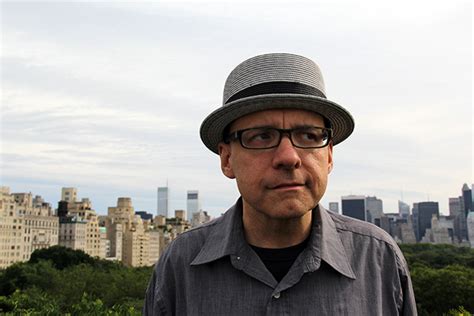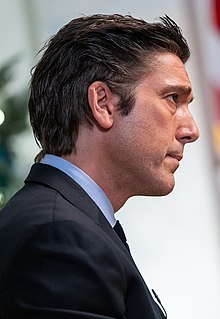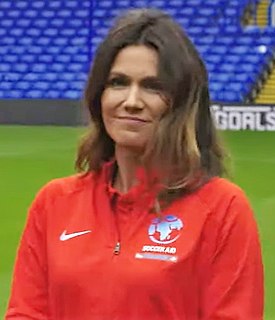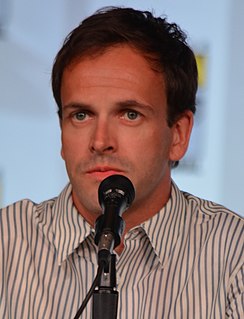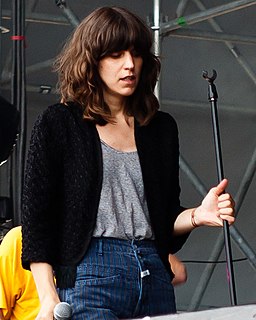A Quote by Gwen Ifill
I wish more people read hard copies of the newspaper and watched the evening news from start to finish.
Related Quotes
Now your kids can't escape. Thirteen-year-olds back then, if they didn't watch the evening news, they didn't see news. If they didn't watch the 6:30 or seven p.m. news, they didn't see news. Today younger people have much more access to that kind of hard news than you did when you were 13 back then.
Watching the evening news in 2011 is a strange time-travel experience. 'The CBS Evening News,' 'ABC World News' and 'NBC Nightly News' haven't changed their style over the decades, still going for that old-fashioned mix of voice-of-authority pomp and feel-good fluff. The difference is that people aren't watching.
For almost every novel I've written, I've read the daily newspaper of the time almost as if it were my current subscription. For 'Two Moons,' which was set in 1877, I think I read just about every day of the 'Washington Evening Star' for that year. For 'Henry and Clara,' I read the 'Albany Evening Journal' of the time.
I can read books and news articles about people who have excelled, people who have done extremely well in their chosen field, or made a lot of money, or married well, or what have you. When some people read this stuff, they get inspired, but when I read it, it makes me feel worse. Sometimes I wish I had never learned to read.
Learn a lot about the world and finish things, even if it is just a short story. Finish it before you start something else. Finish it before you start rewriting it. That's really important.
It's to find out if you're going to be a writer or not, because that's one of the most important lessons.
Most, maybe 90% of people, will start writing and never finish what they started. If you want to be a writer that's the hardest and most important lesson: Finish it. Then go back to fix it.
Theater is just so much more satisfying than film or television just because you deliver the whole thing from start to finish in one evening, and you can tell if people have enjoyed it or not. That's great to do every night to go in front of a full room of people and tell the story. There's nothing like that really.
The news of the days it reaches the newspaper office is an incredible medley of fact, propaganda, rumor, suspicion, clues, hopes, and fears, and the task of selecting and ordering that news is one of the truly sacred and priestly offices in a democracy. For the newspaper is in all literalness the bible of democracy, the book out of which a people determines its conduct.
When you build a building, you finish a building. You don't finish a garden; you start it, and then it carries on with its life. So my analogy was really to say that we composers or some of us should think of ourselves as people who start processes rather than finish them. And there might be surprises.
I think there's a lot of benefit in letting people vent. When I was on the Manchester Evening News, we got 500 letters a day, and part of my job as editor was to edit them. And I thought that was one of the best things in the newspaper, and it was instituted by an editor known as Big Tom, who said 'this is the voice of the people.' And he was quite right.






